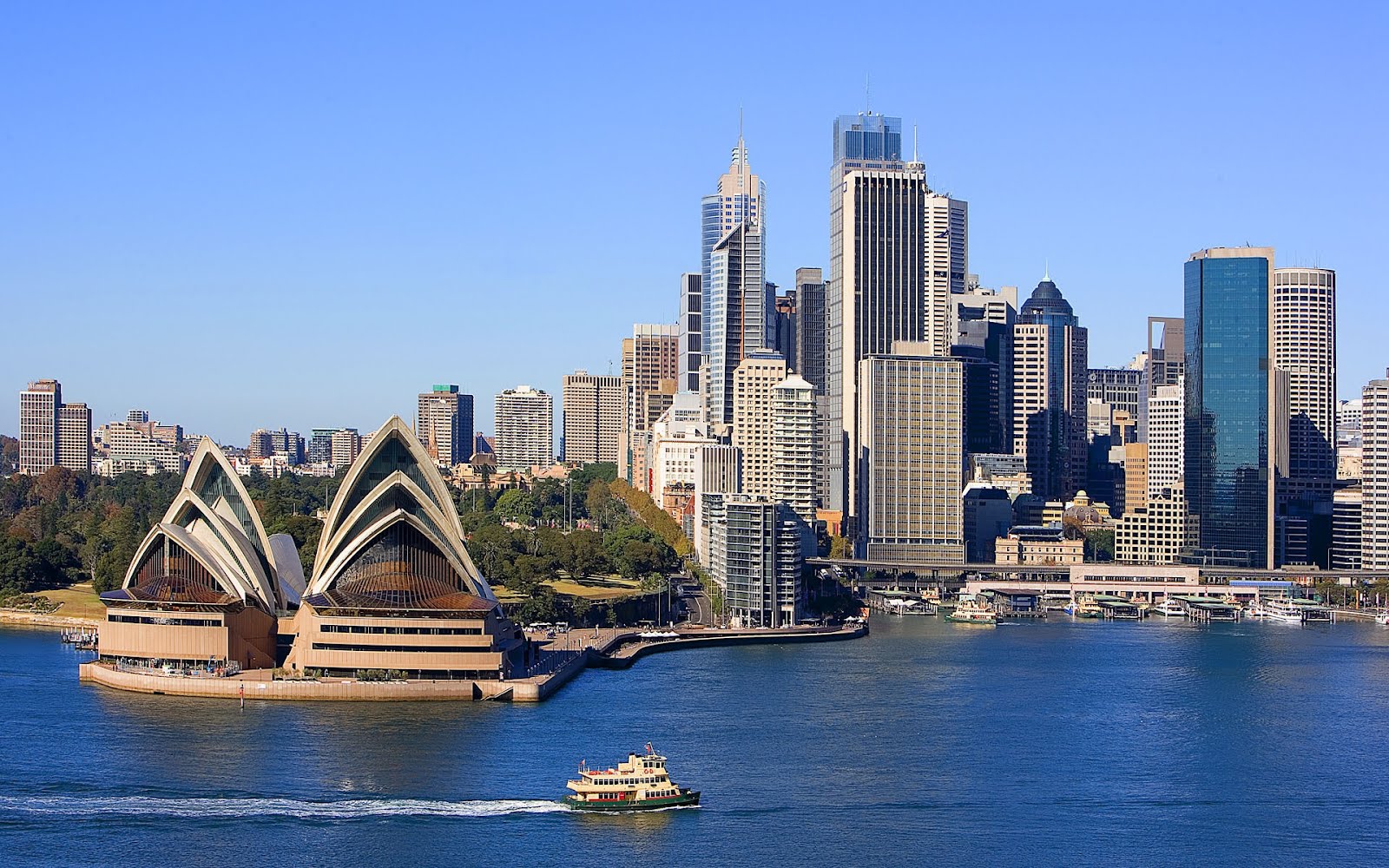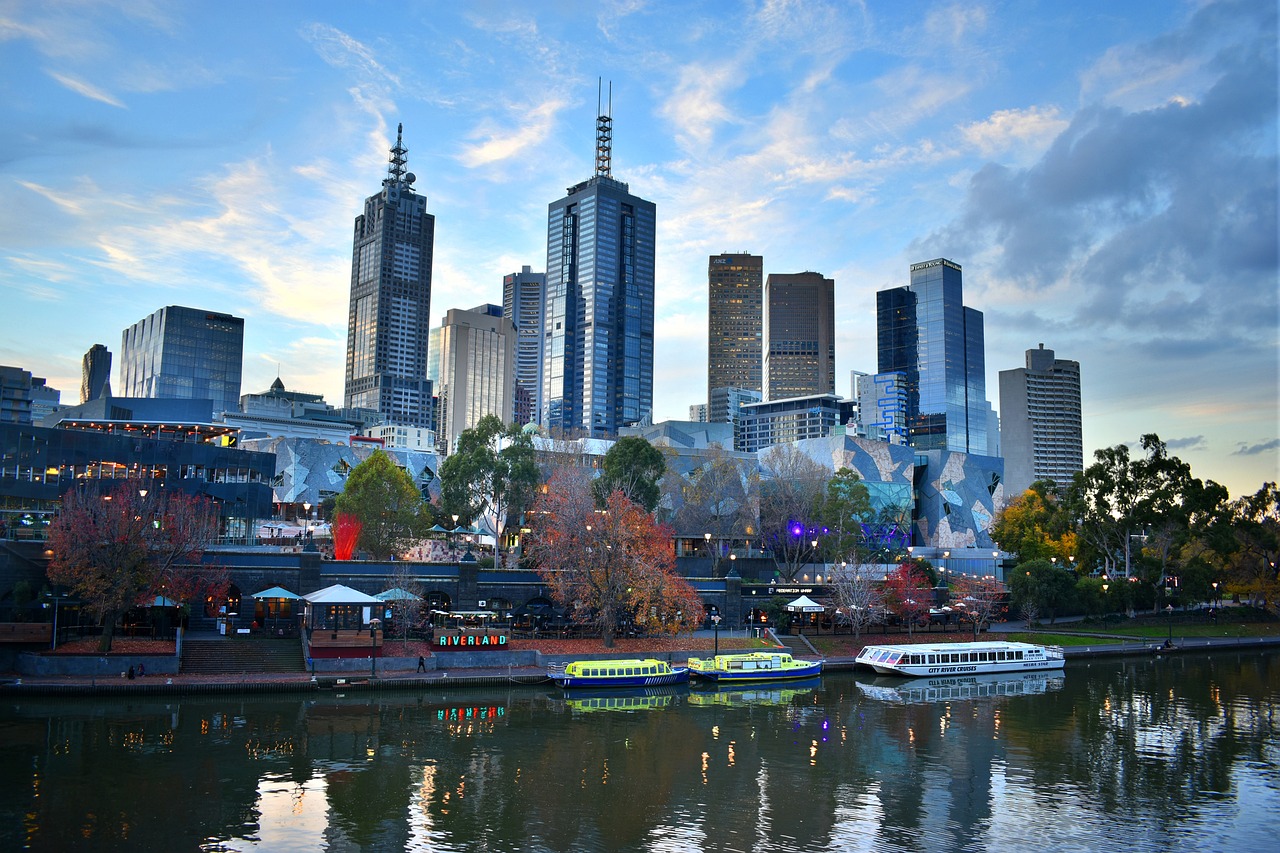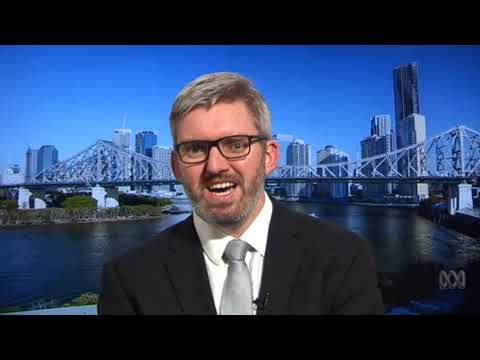Cash interest rates are at a record low for the Australian economy and house prices have gone up, as well as the nation’s debt-to-income ratio climbing up to 189% (according to the Reserve Bank of Australia).
These outcomes mean that the Australian citizens have less cash to spend on what they like, such as new cars and long-term investment goals, as more and more mortgages are proving to be a struggle for households, alongside high rental payments affecting both tourists and citizens in their property market.
This property news comes as a little worry for those who do have high mortgage payments to pay, as this leaves a lot of people with rocketing repayments and little equity in their homes. Many people are feeling the stress, with big commitments tying them down and witnessing next to no income growth.
A point that Digital Finance Analytics Principal Martin North said is that stressed households are more likely to spend their money at shops, which doesn’t offer future opportunities for people – if anything it can bring around more debt to repay and a vicious spending circle that nobody likes to be in.
North predicts that 52,000 households risk default in the next 12 months and 23.4% of Australian families are enduring mortgage stresses. For a lot of people, income doesn’t even cover ongoing costs, hence why people are borrowing more from the banks, or if not the banks from family members and friends, finding any means possible.
In the meanwhile, growth in retail sales and other luxury consumerist markets are at all-time lows too, suggesting that the household area is under serious strain. There may be a consumption problem – Australian people have a tendency of borrowing to get themselves involved in the real estate market. However, this is accumulating debt and sparking problems in the long-haul for a lot of people. Excessive real estate borrowing is impacting the economy and the country as a whole.
The central bank is not willing to put up interest rates to calm the property market down, so it is very unknown what the future holds for the property market in Australia and the Australian economy.
Weak consumer spending seems to provide a big holdup on retailers’ performance, which is affecting this sector too. The sales have hardly grown over recent months and even online sales have slowed. Sales are flattening all round and house prices are going up. People’s mortgages may be stopping people from buying things in the retail market that they normally would, which is concerning a lot of businesses across the country
This property news is slightly concerning for real estate in Australia but the country’s citizens need to remain strong. Investors coming in to the country need to take advantage of the renting market and the high prices that the property is now selling for.
Let’s just hope that the Australian economy and property market can pick itself back up again, sooner than later.
Written by Gemma Smith





One Comment